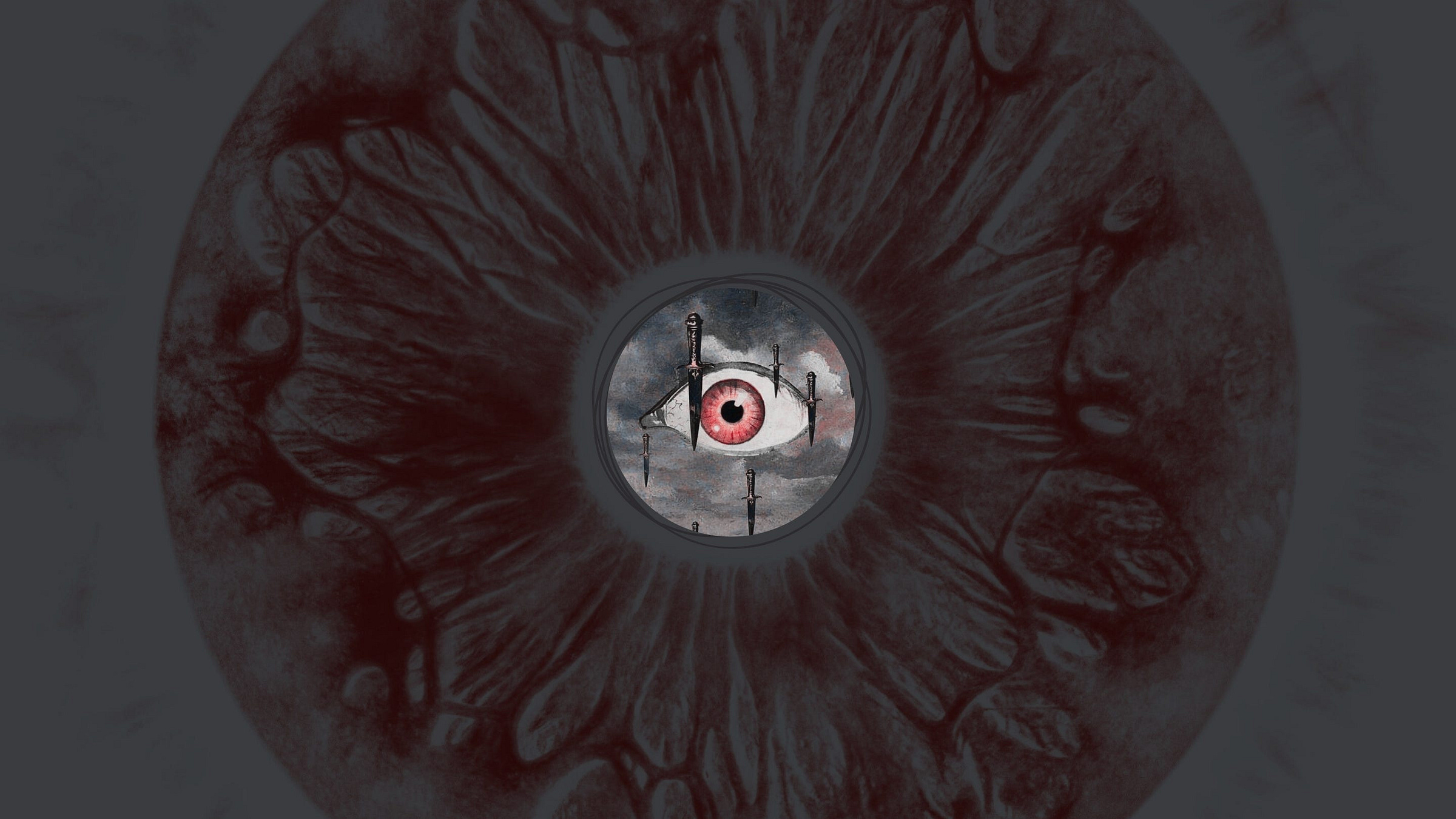There’s a Ceasefire in the Gulf — But What if Iran Ever Shuts Down the Strait of Hormuz?
This is the soft underbelly of predatory capitalism, exposed and vulnerable at the world’s most critical maritime chokepoint

I was nine and at my cousin’s home the first time I watched real missiles launch and their impact produce an immense cloud of dust and terror. Through the boxy CRT screen in my cousin’s kitchen and while we dipped Oreos in our Nesquik, the Global War on Terror (GWOT), that global military campaign initiated by the United States following the 9/11 attacks, was landing in Afghanistan, with all the American power in full display.
Argentina was in one of its usual meltdowns, but the news kept panning to a desert half a world away. That was about the very moment when the abstract concept of “war” suddenly became concrete through televised violence, even when viewed from thousands of miles away. The Twin Towers attacks felt surreal, but this was much closer to what war actually looks like. Tanks rolled through sandstorms. Jets screamed across the sky like banshees. And a constant noise of explosions and destruction.
Until my aunt turned down the volume and said something I’d never forget: “That’s not a war on terror. That’s business.”
I didn’t understand then. I do now.
Because this time it’s not Afghanistan but Iran, yet it’s the same issue that goes beyond a regional dispute or a nuclear excuse. This is the soft underbelly of global capitalism — exposed and trembling. Right now, in 2025, when everything is automated and immediate, the Strait of Hormuz — the narrow maritime chokepoint where one-fifth of the world’s oil flows each day — could be sealed off like a clamped artery. So this is about the throat of the modern world and whether someone is about to tighten their grip. If that happens, it won’t just rattle markets. It could rupture economies.
The U.S. has already thrown the first punch, again: Amid Israel’s ongoing attacks in Gaza and Iran, US President Donald Trump decided to back up Netanyahu and authorized a series of military strikes on Iran’s Fordow, Natanz, and Isfahan nuclear facilities. Iran fired back with a missile barrage on the Al Udeid air base in Qatar. But the real threat isn’t in the sky — it’s at sea. Iran has made it clear: if provoked further, it could move to close the Strait.
And here’s where things get murkier.
The Middle East isn’t complicated. It’s just dirty. Dirty with colonial fingerprints, imperial deals, and fossil-fueled blood money. For every “terrorist” headline and “stability operation,” there’s an OPEC barrel quietly fueling Western life — plastic toys in Berlin, jet fuel in New York, and mainly, global overpowering in China.
This region is the beating heart of the oil economy. And that heart has two arteries. One that goes north, via the Egyptian Suez Canal to the Mediterranean Sea and into the Atlantic Ocean. This allows ships to sail directly from Asia and the Middle East to Europe and the Eastern Americas without circumnavigating Africa. This saves a whopping 8,900 kilometres (5,500 mi) and ten days of travel. Needless to say, it has become a crucial part of global trade and logistics ever since its creation in 1859. The other goes southeast, via the only sea passage from the Persian Gulf to the open ocean: the Iran-controlled Strait of Hormuz.
That’s what makes this economic and energetic moment more fragile than it looks. The oil is there, but volatility in every sense of the word is surrounding it. A single missile strike, a drone swarm, or a government decree, and you’ve got a global embolism.
The world pretends to care about “nuclear non-proliferation.” But the truth, buried beneath decades of redacted memos and canceled mega-projects like Israel’s Ben Gurion Canal, is much simpler: the US and its allies don’t care about peace or nuclear weapons. They’re there to protect barrels — and their exit routes. The world order is about who controls the energy.
Israel has discovered huge oil and gas reserves, and the US and the UK see Israel as their way to maintain power in a crucial part of the world. That’s basically why Gaza is so important, with its massive natural gas reserves, worth over $500 billion — the root cause of the high-definition genocide we’ve been witnessing for years on.
This is why the US is once again launching missiles in the Middle East — exactly what my aunt called “business” all those years ago when I was watching pixels of war on a picture tube.
Keep reading with a 7-day free trial
Subscribe to Antarctic Sapiens 🇦🇶 to keep reading this post and get 7 days of free access to the full post archives.




